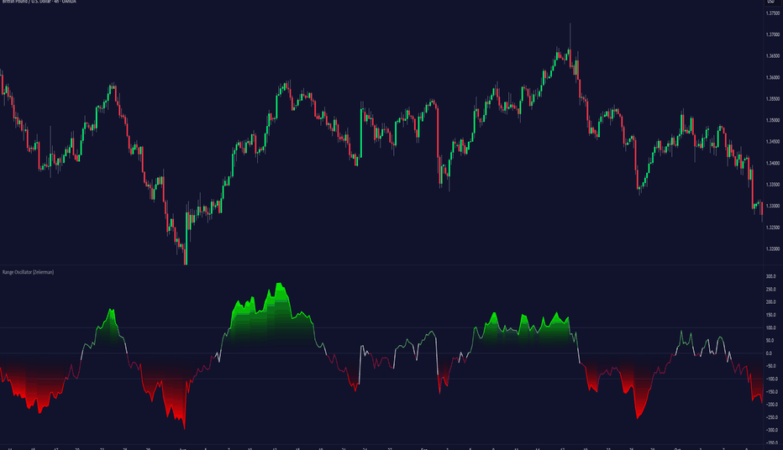It is needless to say what a COVID19 vaccine is all about. You can quickly figure that out. Nevertheless, it will not be an exaggeration to say that the vaccines are a critical tool for bringing the pandemic under control and helping normalcy in our lives to return.
The good news is that two global drug majors, Pfizer/BioNTech and Moderna, have already announced the successful development of Coronavirus vaccines, which are now in the administration phase.
The Vaccine Mechanism
All vaccines’ working is the same–imitating an infectious agent, such as virus, bacteria, or other microorganisms that can cause disease. In this way, a vaccine teaches the human body’s immune system to respond against the disease.
What a vaccine does is that it introduces a weakened form of an infectious agent into the human body that enables the immune system in the body to build a memory of it. Subsequently, the human body’s immune system can quickly recognize it, when infected, and fight it off, disabling it to make the person ill.
Besides, there are other advanced vaccine methodologies, such as RNA and DNA. These vaccines do not introduce any antigen, which are substances that stimulate the human body’s immune system to produce antibodies. Instead, they give the body a genetic code that enables the immune system to make the antigen itself.
The working mechanism of the COVID19 vaccines is no different from the general approaches. But they are also based on a new approach that has not been tried earlier.
With the new mechanism, the vaccines will unlock the body’s immune defenses, turning a patient’s cells into factories that will make a specific coronavirus protein using messenger RNA, or mRNA.
Akin to the general methodology, the protein will trigger an immune response as if there was a real coronavirus infection. It will teach the human body how to fight off the real Coronavirus infection. So, if you get exposed to the Coronavirus after immunizing with the vaccines, you will not get infected as your body will be able to fight it off.
It will help if you bear in mind that the COVID19 vaccines are the maiden usages of new technology. The Food and Drug Administration did not approve any mRNA vaccines before the new COVID19 vaccines.
Image Source
The Safety Aspect of the Vaccines
If you are somewhat worried about whether the COVID19 vaccines will be safe, it will help if you put your worries to rest.
Bear in mind that all vaccines have to undergo safety and efficacy tests before being administered in humans, let alone the COVID19 vaccines.
There are regulatory bodies in each country that determine vaccine safety and effectiveness before the actual usage.
In the global context, the World Health Organization(WHO) puts several independent technical bodies into action to conduct tests to ascertain the safety and effectiveness of new vaccines and review vaccines’ safety after introduction to the public.
When the WHO approves a vaccine, it means that it has undergone rigorous tests and trials to establish its safety and efficacy.
As the WHO has approved the new COVID19 vaccines, you can be sure of the vaccines meeting the stringent safety and efficacy standards. Therefore, you can put all worries to rest.
What is COVAX?
The Access to COVID19 Tools Accelerator (ACT) is a global collaboration initiative to fasten production, treatments, vaccines, and COVID19 tests.
COVAX is the main vaccine department of the ACT-Accelerator. Its main focus is to accelerate the development and production of COVID19 vaccines. Another focus of COVAX is to guarantee fair and equitable vaccine distribution in every country worldwide.
COVAX also tracks the development of COVID19 vaccines to identify the effective vaccines apart from working with drug companies to encourage them to expand their production capacities ahead of eliciting regulatory approval for vaccines. It is done to restrict any vaccine shortages during the distribution phase.
COVID19 Vaccine Storage
The drug companies, Pfizer/BioNTech, and Moderna, readying their COVID 19 vaccines for distribution, have brought to the fore a challenge. And that is, storing the vaccines at minus degrees temperatures.
According to the information made available by the companies in the public domain, Pfizer’s vaccine should be stored at minus 70 degrees Celsius, and Moderna’s vaccine has to be kept at minus 20 degrees Celsius. Healthcare facility owners will have to invest in an ultra-low temperature freezer to store the vaccines, preserving their potency.
The Distribution
Experts expect that drug companies will produce around 9 billion COVID19 vaccines in2021. They also have calculated the global requirement of the vaccines at 12 to 15 billion.
So, there has to be a robust cold chain to handle the global distribution of the vaccines. A cold chain typically consists of three major components: planes, trucks, and cold storage warehouses.
The vaccines have to be transported by truck to the nearest airport from the production facilities. Trucks and planes should be fitted with freezers to maintain the stringent temperature requirement to prevent vaccine damage.
After unloading from planes, the vaccines will have to be transported through trucks to the destined warehouses. Subsequently, the vaccines will have to be transported to healthcare facilities, where vaccinations will be done to people.
But, keeping the vaccines in minus degree temperatures will pose challenges that have to be effectively dealt with.







